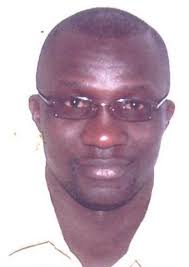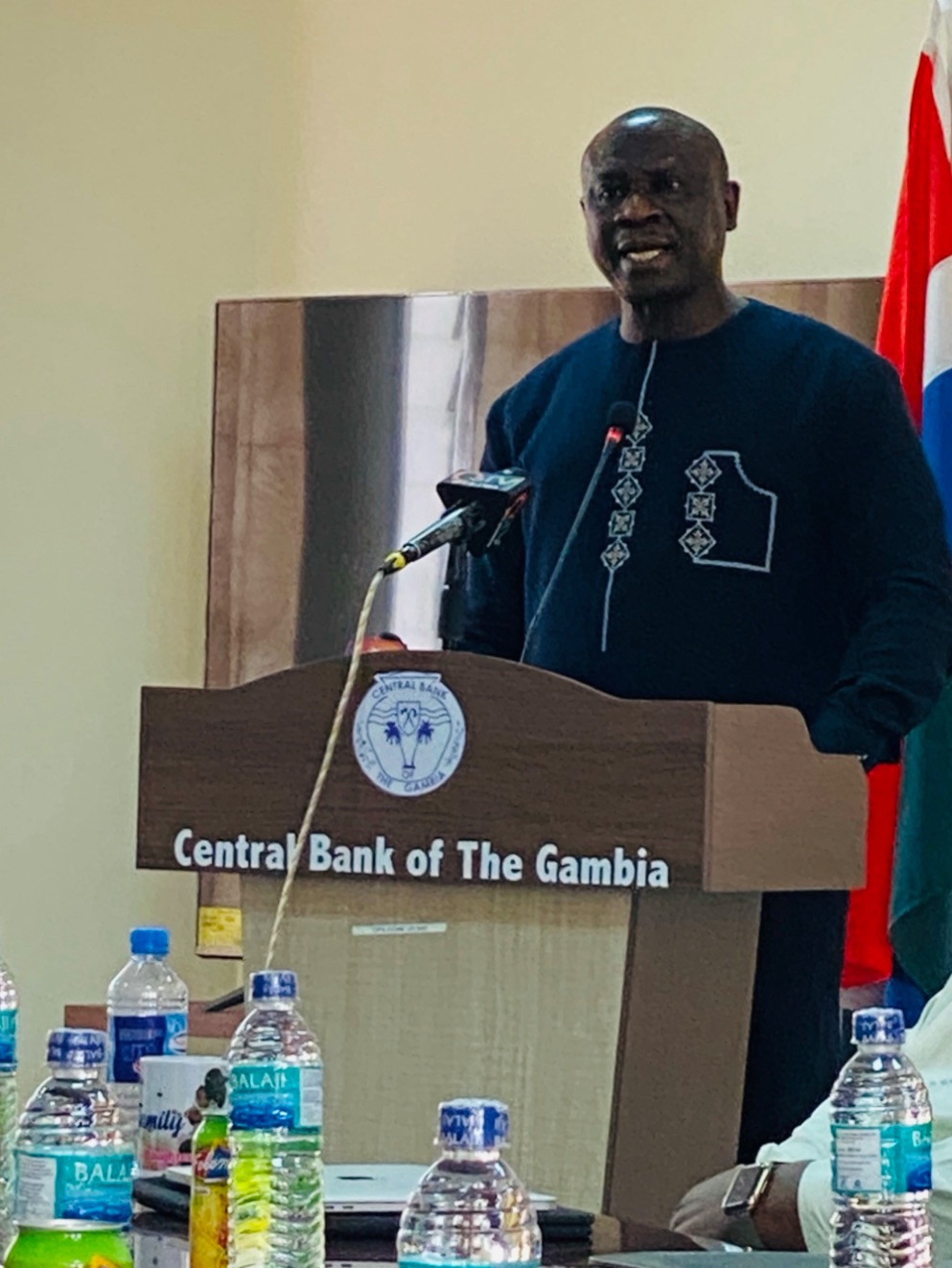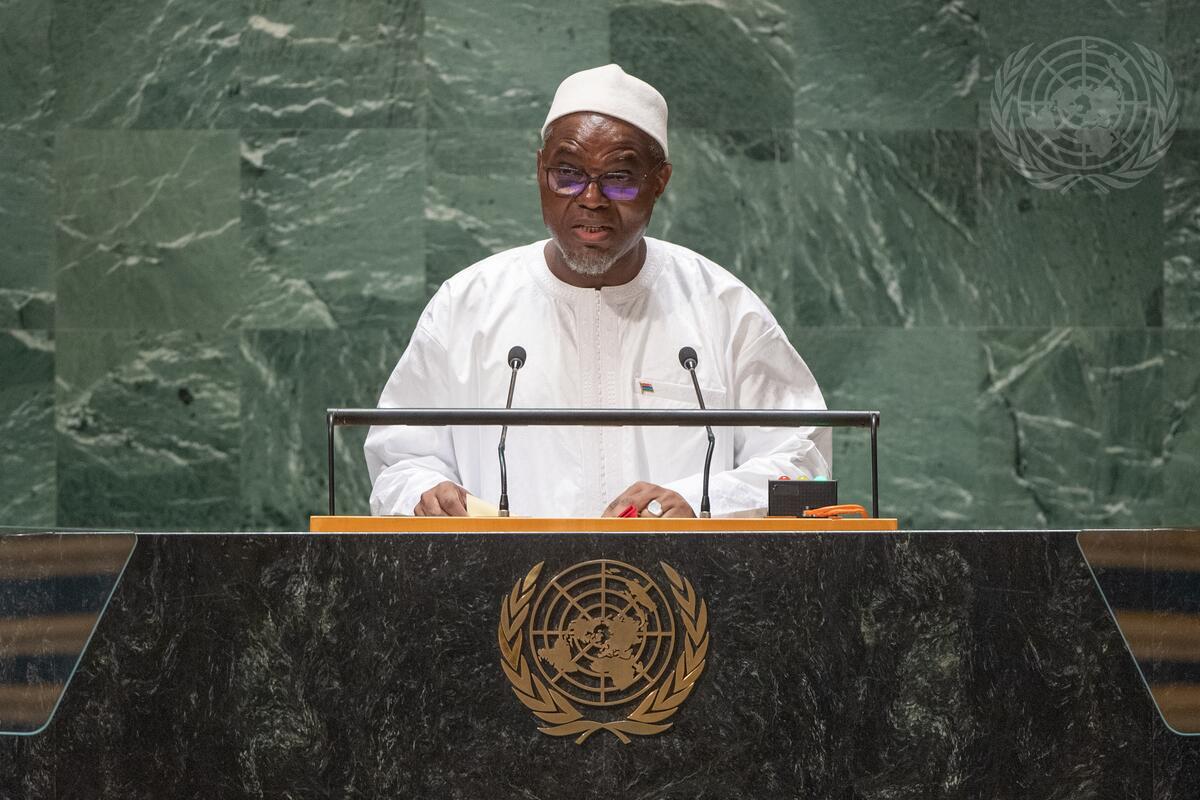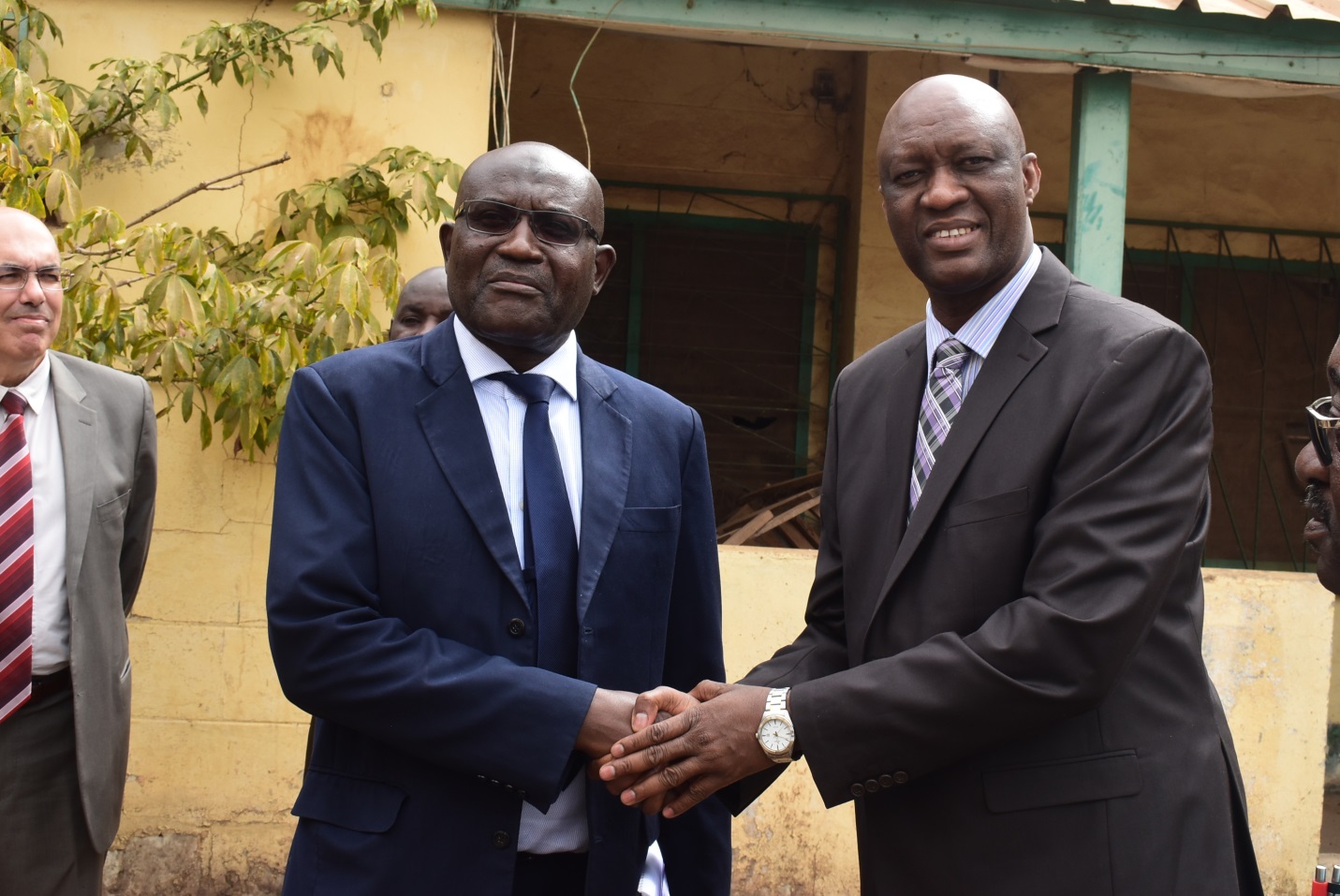By Sulayman Waan
John Charles Njie, chairperson of Association of Non-Governmental Organizations (TANGO) Gambians to know the country’s problems, saying the laws are public’s problems.
“Our laws give our authorities powers to do what so ever they want to do,” he said during a two-day training aims at strengthening the capacity of CSOs actors on freedom of assembly and rights to association in the Gambia.
On 4-5 September, 2019 training was organised by Initiative for the Promotion of Democracy and Good Governance (IPDG) in partnership with African Centre for Democracy and Human Rights Studies (ACDH).
The forum also enables the CSOs to examining the history of freedom of assembly and rights to association both in pre dictatorship and post dictatorship era of the Gambia.
He stressed that Gambians will not comprise with freedom of assembly and right to association in the country while described the current situation of the country as disheartening.
He advised CSOs to not to judge quickly on issues saying the only thing they need to do is to ensure that whenever the police arrested someone his or her fundamental rights are guaranteed.
“But the law must take its rightful course,” he said.
“We must be responsible as CSOs. I don’t back Government. I against it whenever I feel they are wrong but lets’ us also not be accusing Government when we are seeing our laws,” Njie added.
Musa Jobateh, coordinator and head of programmes of IPDG said the training is timely considering the country’s current situation, citing that recently some youth were arrested allegedly for wrongful assembly and drag to court.
“The forum would as well examine the situation of freedom of assembly and rights to association of the Gambia starting from the first post-colonial regime,” he said.
He added: “We also need to know or remind ourselves that freedom of expression have to go with responsibility. Also is important that we know in a democratic state everybody is ought to respect the law and go by the dictation of the law.
Mr. Jobateh further said the authorities as well need to recognized and respect the basic human rights of their citizens, adding freedom of assembly and rights to association is key in this generation particularly in the country’s transitional process .
Adama Cooper, representative of ACDH noted that freedom of assembly and rights to association is a right and not a privilege.
According to her, article 25, 1 (d) of the 1997 Constitutions states that every person shall have the rights of assembly and demonstrate peacefully without arms and article 25: 1 (E) states every person shall have the rights to freedom of association which shall include the freedom to form and join association and union including political parties and trade unions.




